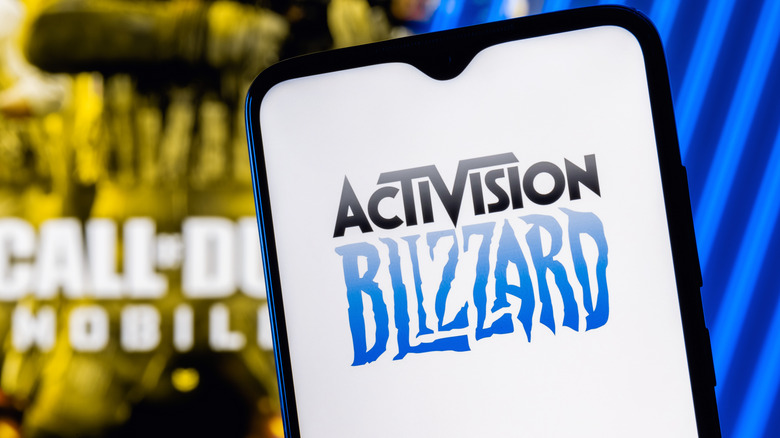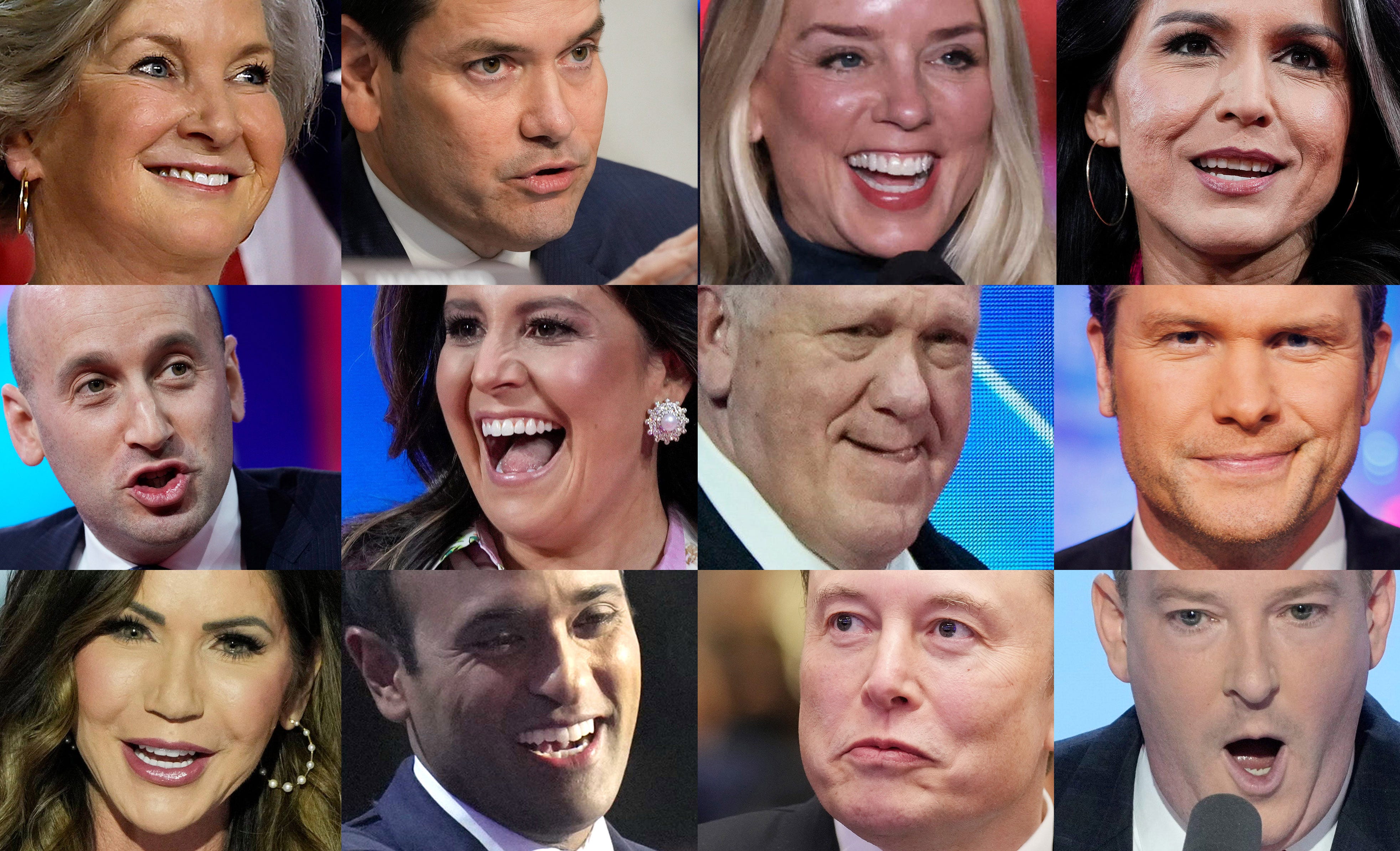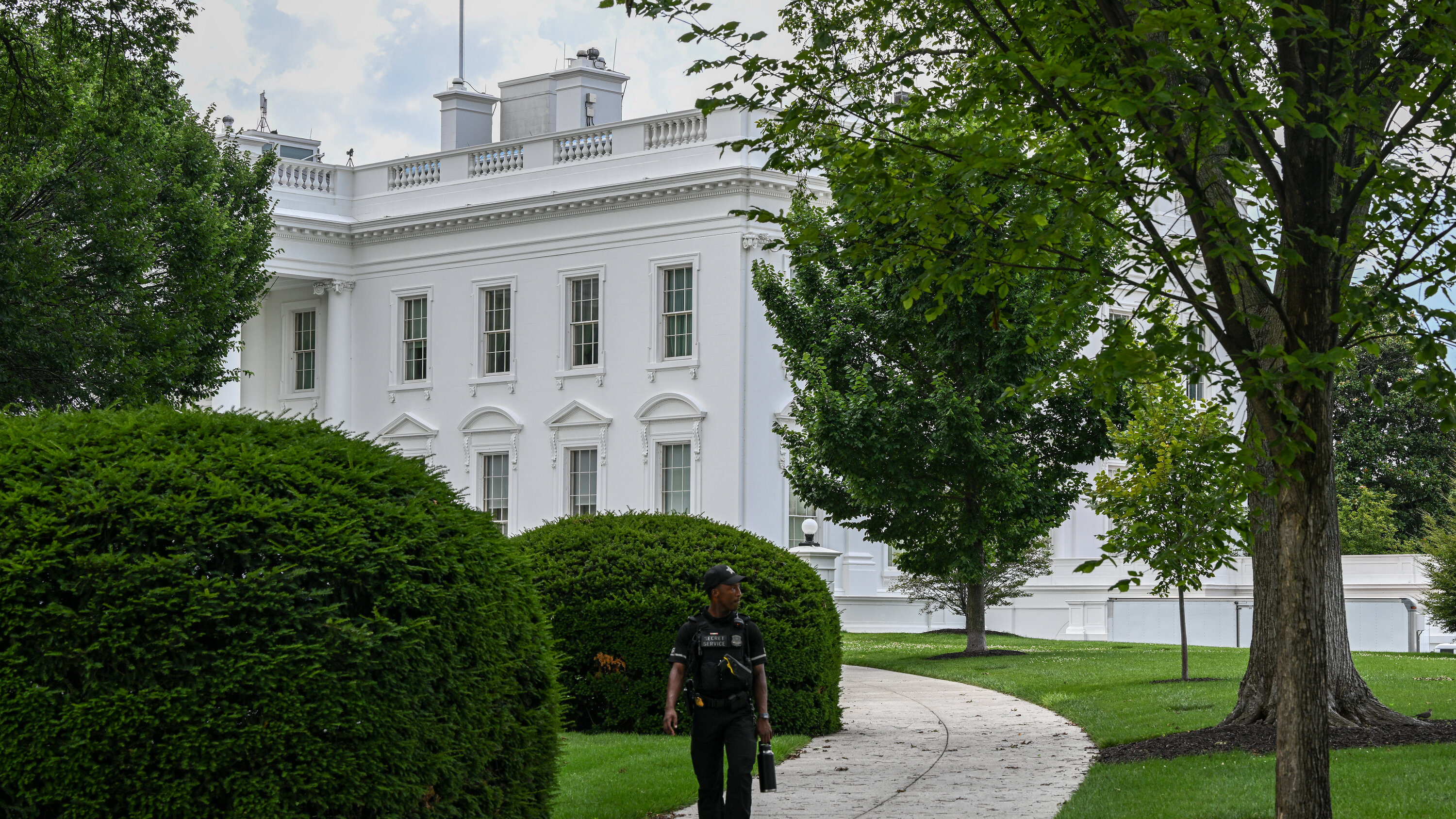FTC Challenges Court Ruling On Microsoft's Activision Blizzard Buyout

Table of Contents
The Initial Court Ruling and its Implications
A US District Court initially ruled in favor of Microsoft's acquisition of Activision Blizzard, dismissing the FTC's attempt to block the merger. This decision sent shockwaves through the industry, raising questions about the effectiveness of antitrust enforcement in the face of massive tech acquisitions.
- Key arguments presented by Microsoft in its defense: Microsoft argued that the acquisition would benefit consumers by expanding access to games and wouldn't substantially lessen competition. They emphasized their commitment to bringing popular titles like Call of Duty to a wider range of platforms.
- Key arguments presented by the FTC against the merger: The FTC argued that the merger would give Microsoft an unfair advantage, particularly in the cloud gaming market, potentially stifling competition and innovation. Their concerns centered around the potential for Microsoft to leverage its ownership of Activision Blizzard titles to harm rivals.
- The judge's rationale for the decision: The judge found the FTC's evidence insufficient to prove that the merger would substantially lessen competition. A key factor was Microsoft's commitment to keep Call of Duty available on competing platforms.
- Immediate market reactions following the ruling: The ruling initially sent Microsoft's stock price higher, reflecting investor confidence in the deal's success. However, the FTC's subsequent appeal introduced uncertainty back into the market.
- Analysis of the ruling's impact on future merger approvals in the tech industry: The initial ruling sparked debate about the standards for approving large mergers in the tech sector. It raised concerns that regulatory bodies might be struggling to keep pace with the rapid evolution of the digital economy.
The FTC's Appeal and its Arguments
Undeterred by the initial setback, the FTC launched an appeal, arguing the court erred in its assessment of the merger's competitive impact. The FTC's appeal is a crucial step, potentially reshaping the landscape of antitrust enforcement in the gaming industry.
- Specific antitrust concerns raised by the FTC: The FTC continues to emphasize the potential for Microsoft to leverage its control over key franchises like Call of Duty, World of Warcraft, and Candy Crush to exclude competitors and harm consumers. Concerns extend to the cloud gaming market, where Microsoft could potentially leverage its position to disadvantage rivals.
- Evidence presented by the FTC to support their claims: The FTC presented evidence suggesting the merger would create significant barriers to entry for new competitors, limiting consumer choice and driving up prices.
- The FTC's strategy for challenging the ruling: The FTC's strategy involves presenting stronger evidence and focusing on the long-term implications of the merger, aiming to demonstrate a potential for future anti-competitive behavior.
- Potential outcomes of the appeal process: The appeal could lead to the merger being overturned, requiring Microsoft to divest Activision Blizzard, or the court could uphold the original ruling. A drawn-out legal battle is a distinct possibility.
The Role of Call of Duty in the Dispute
The immensely popular Call of Duty franchise is central to the FTC's arguments against the merger. Its massive player base and enduring popularity make it a powerful bargaining chip, fueling concerns about potential anti-competitive practices.
- Why Call of Duty's market dominance is a key concern: Call of Duty's dominance in the first-person shooter genre makes it a highly sought-after title. The FTC argues that Microsoft could use its ownership to restrict Call of Duty's availability on competing platforms, harming rivals like Sony.
- Microsoft's commitments regarding Call of Duty's availability on other platforms: Microsoft has repeatedly committed to keeping Call of Duty available on PlayStation and other platforms for a significant period, aiming to address the FTC's concerns.
- The FTC's counterarguments to Microsoft's commitments: The FTC argues that these commitments are insufficient, pointing to the potential for Microsoft to alter its strategy in the future or create less desirable versions of the game for competing platforms.
Broader Implications for the Gaming Industry and Antitrust Law
The outcome of this case will have far-reaching consequences for the gaming industry and antitrust law more broadly. It sets a precedent for how regulatory bodies will approach future mergers and acquisitions in the rapidly evolving tech landscape.
- Potential changes to merger review processes: The case could lead to stricter scrutiny of mergers in the tech sector, potentially resulting in more stringent regulatory frameworks.
- Impact on future mergers and acquisitions in the gaming and tech sectors: The outcome will influence future merger attempts, possibly deterring large acquisitions in the gaming and tech industries.
- Implications for consumer choice and competition: The case highlights the importance of ensuring healthy competition to protect consumer choice and prevent monopolies from forming.
- The evolving role of regulatory bodies in the digital economy: The case underscores the challenge faced by regulatory bodies in keeping up with the dynamic nature of the digital economy and adapting their approaches to enforce antitrust laws effectively.
Conclusion
The FTC's challenge to the Microsoft Activision Blizzard buyout represents a pivotal moment for the gaming industry and antitrust law. The initial court ruling, while allowing the merger, sparked considerable debate. The FTC's appeal focuses on critical antitrust concerns, particularly the potential anti-competitive implications of Microsoft's control over Call of Duty and its influence in the cloud gaming market. The ultimate outcome will significantly impact future mergers, consumer choice, and the role of regulatory bodies in the tech sector. Follow the FTC's challenge to the Microsoft Activision Blizzard buyout closely; the implications are far-reaching and will likely shape the future of the gaming industry for years to come. Stay updated on the latest developments in this landmark case and learn more about the implications of this Microsoft Activision Blizzard buyout through reputable news sources and legal analyses.

Featured Posts
-
 Hegseth Faces Backlash Over Pentagon Claims And Leaked Signal Chat Messages
Apr 22, 2025
Hegseth Faces Backlash Over Pentagon Claims And Leaked Signal Chat Messages
Apr 22, 2025 -
 White House Cocaine Secret Service Concludes Investigation
Apr 22, 2025
White House Cocaine Secret Service Concludes Investigation
Apr 22, 2025 -
 Global Mourning Pope Francis Dies At 88
Apr 22, 2025
Global Mourning Pope Francis Dies At 88
Apr 22, 2025 -
 Is Blue Origins Stumble Larger Than Katy Perrys Recent Setbacks
Apr 22, 2025
Is Blue Origins Stumble Larger Than Katy Perrys Recent Setbacks
Apr 22, 2025 -
 Trump Protests A Nationwide Uprising
Apr 22, 2025
Trump Protests A Nationwide Uprising
Apr 22, 2025
